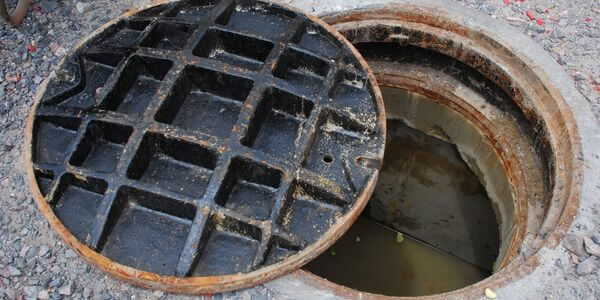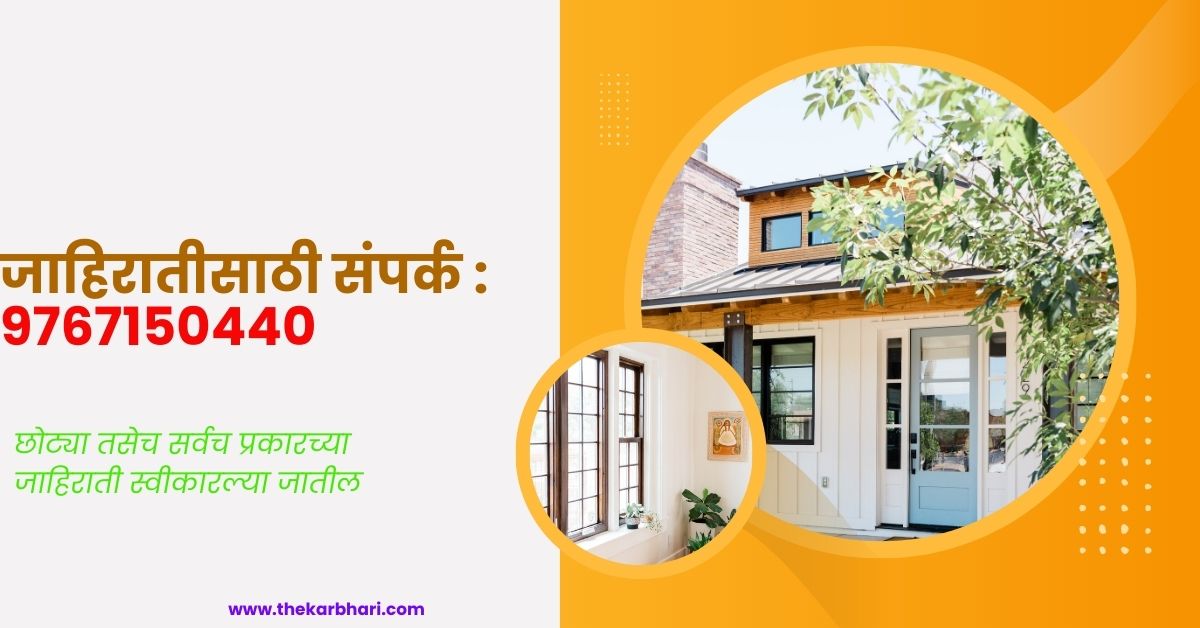Guidelines issued by the State Government regarding precautions to be taken while working in septic tanks, underground sewers
Working in Manhole – (The Karbhari News Service) Incidents of workers dying while cleaning underground sewer lines, septic tanks etc. in the limits of civil local bodies are happening. Due to this, as directed by the National Human Rights Commission, New Delhi, to prevent the recurrence of such unfortunate incidents, confined spaces viz. While working in septic tanks, underground sewers etc
Regarding the precautions to be taken, instructions have been given to all civil local self-government bodies in the state as per the government decision. As per government decision, guidelines for cleaning of septic tanks and sewers by mechanical method have been issued.
have been done. Also, Emergency Response Sanitation Unit (ERSU) has been established in all civil local self-government bodies to prevent the death of sanitation workers while working in manholes. However, it is still observed that such incidents are happening in the civil local bodies of the state. Therefore, detailed instructions are now being given to all civil local bodies in the state. (Maharashtra State Circular)
1) Cleaning of confined spaces should preferably be done mechanically or by machines and cleaning by workers only in unavoidable situations.
2) The depth of the confined space should be measured before cleaning the confined space by workers. Also, proper safety measures should be implemented to avoid mishaps by understanding the detailed details of the respective confined space.
3) Workers should be trained to work in confined spaces and certificate should be given to the worker concerned on successful completion of such training. Also, only such certified workers should be allowed to work in confined spaces like septic tanks, underground sewers in unavoidable situations.
4) Before starting work in the confined space, it is essential to check that the air there is free from toxic and flammable gases, dust and that there is no shortage of oxygenated air in the place.
5) Mechanical ventilation should be provided to ensure adequate supply of proper and fresh air. Since the use of direct oxygen gas in confined spaces increases the risk of fire or explosion, direct oxygen gas should not be used to air condition the area.
6) It will be necessary to issue a safety clearance by the site manager that all safety precautions have been taken before allowing workers to enter or start work in confined spaces.
7) Provision of trained workers to attend to the exterior of the confined space
is necessary. Until all workers who entered the confined space exit or replace them
Outside trained workers will be present in their place until other trained workers arrive.
8) Before entering the confined space, every worker should wear safety clothing, safety glasses. Also, it is necessary to have a suitable breathing apparatus and a safety belt securely attached to a rope that is strong enough to pull the worker out in case of an emergency.
9) If a worker working in a confined space feels uncomfortable, that worker shall be removed immediately.
10) Mock Drills at regular intervals to get actual experience of rescue operations.
should be organized and ensure that the workers concerned have knowledge of rescue operations.
11) According to the provisions of the Workmen’s Compensation Act, 1923, similarly Hon. Contractors and Principals concerned are responsible for paying compensation payable to dead or injured workers as directed by the Supreme Court / National Human Rights Commission
of the employer (contractor & principle employer).
12) It has been observed that some private organizations/individuals are employing workers or private organizations for cleaning confined spaces like septic tanks, underground sewers etc. in many places within the limits of civil local self-government bodies and in such cases the workers employed should be fully trained and such organizations and their workers. of
Registration must be done annually with the respective civil local bodies.
13) All above mentioned instructions should be strictly followed while working in confined spaces like septic tanks, underground sewers etc. Also, apart from the above guidelines, all necessary measures should be taken from the point of view of safety, according to the local conditions to avoid possible mishaps.


